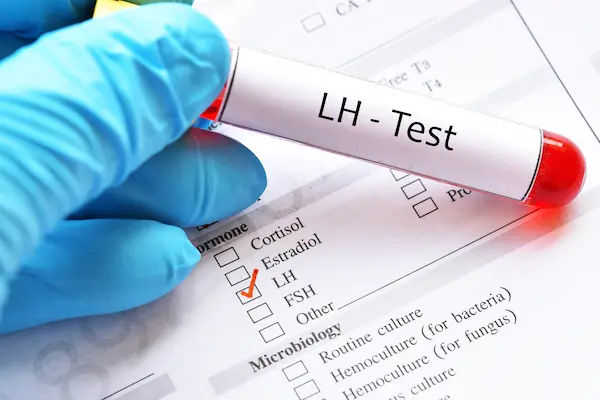- female
- 30 Years
- 22/01/2025
I'm feeling a bit worried because my wife's been advised to get an HSG X-ray test. Is this something that's complicated? I'm also concerned about whether it might affect her chances of getting pregnant in the future. Could it possibly cause any infections or have side effects?
Answered by 1 Apollo Doctors
HSG (Hysterosalpingography) is a common radiology procedure used to evaluate the shape of the uterine cavity and the patency of the fallopian tubes. It involves injecting a contrast dye into the uterus and fallopian tubes while taking X-ray images. The procedure itself is generally safe and well-tolerated, with minimal complexities. It is not known to have a negative impact on future pregnancies. However, like any medical procedure, there are risks of infection or side effects, such as pelvic discomfort, cramping, or a slight risk of allergic reaction to the contrast dye used. These risks are usually minimal and the benefits of the test often outweigh the potential risks. It is important to follow any pre-test instructions provided by the healthcare provider and to inform the medical team of any allergies or medical conditions before undergoing the HSG test.
Dr. Ranjith Suggests...
Consult a Obstetrician and Gynaecologist
Answered 04/07/2025
0
0

More Obstetrics & Gynaecology Health Queries
View allIs something wrong if my menstrual period won't stop?
Yes
Answered by 1 Apollo Doctors
I've been experiencing some pain and swelling down there, and I noticed that my vaginal lips are really swollen. It's quite uncomfortable. I'm wondering if it could be because we didn't use enough lubricant during sex. What can I do about this?
Possible Allergic Reaction_ The symptoms you described, such as redness, swelling, and bumpscysts on the tongue and neck, may indicate an allergic reaction to one of the medications prescribed for dengue fever. _Paracetamol and Omnix 200 DT_ 1. _Paracetamol_: Generally considered safe, but rare cases of allergic reactions have been reported. 2. _Omnix 200 DT (Cefixime)_: A cephalosporin antibiotic, which can cause allergic reactions in some individuals. _Immediate Action_ 1. _Stop medication_: Immediately stop administering both Paracetamol and Omnix 200 DT. 2. _Seek emergency medical attention_: Rush your husband to the emergency department or consult a doctor urgently. 3. _Inform the doctor_: Share the medication history and the allergic reaction symptoms with the doctor. _Consult a Specialist_ Consider consulting: 1. _Allergist or immunologist_: For guidance on managing the allergic reaction. 2. _Dermatologist_: For evaluation and treatment of skin symptoms. 3. _Infectious disease specialist_: For reassessment of dengue fever treatment.
Answered by 1 Apollo Doctors
I'm a bit concerned because I started drinking Safi in April and May, and now it's June and I still haven't gotten my period. I'm really using it to help with the pimples on my face, but now I'm worriedcould the Safi be messing with my periods? Is this something you've come across before?
Safi is ok but it will not bring your period
Answered by 1 Apollo Doctors
Disclaimer: Answers on Apollo 247 are not intended to replace your doctor advice. Always seek help of a professional doctor in case of an medical emergency or ailment.





